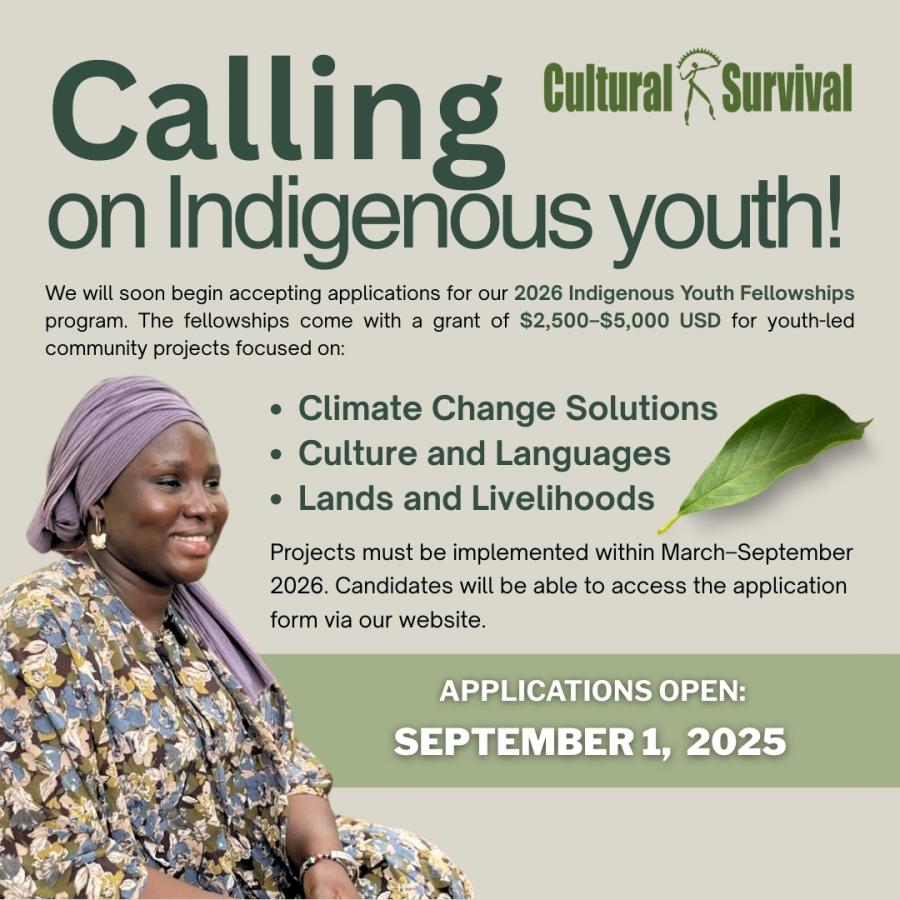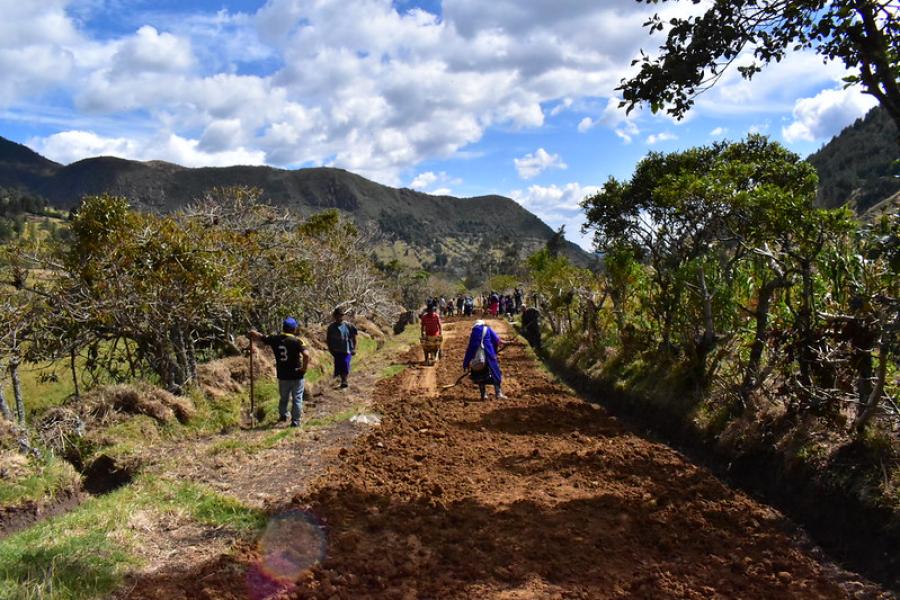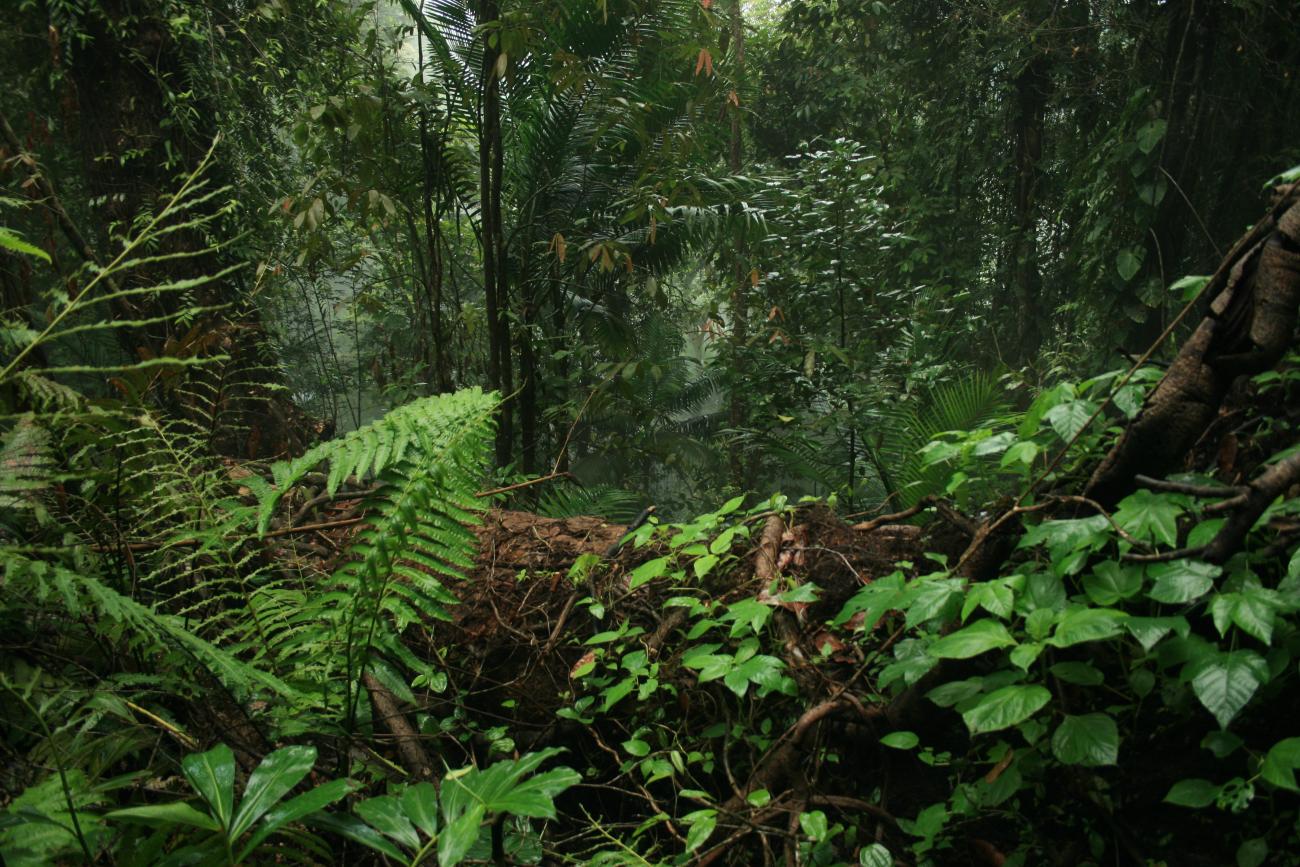
Although rainforests cover only 6% of the Earth, they harbor over half of its plant and animal species. These vital, biodiverse regions regulate the global climate by collecting carbon and producing oxygen. For millions of Indigenous Peoples, rainforests are homelands, providing food, medicine, and cultural identity. Indigenous Traditional Ecological Knowledge is crucial for forest sustainability and environmental resilience.
Despite their significance, rainforests face severe threats. Deforestation from extractive industries, agriculture, and mining devastates these ecosystems, causing species extinction, ecosystem collapse, and accelerated climate change. The following sections examine the Congo Basin, Southeast Asian Rainforest, and the Amazon, three crucial and threatened rainforests.
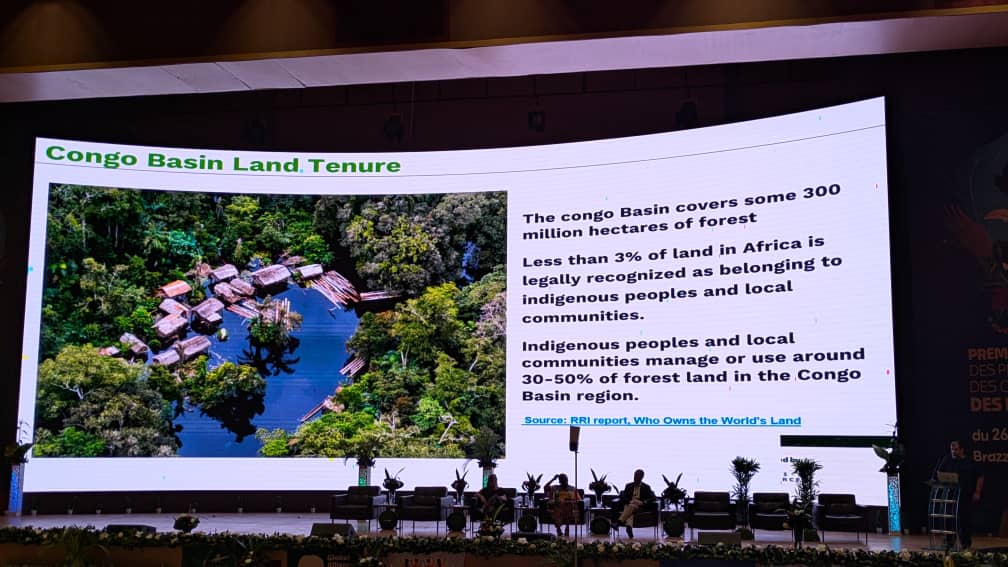
The Congo Basin in Africa is the largest carbon sink on Earth. Spanning six countries, it supports Indigenous livelihoods and boasts over 600 trees and 10,000 animal species. However, illegal logging, agriculture, and mining pose significant threats to its future. Indigenous communities, particularly women, are disproportionately affected, facing marginalization and exclusion from forest governance. Conservation efforts have at times worsened these impacts by limiting access to traditional lands and resources. Safeguarding this rainforest requires protecting Indigenous rights and promoting inclusive, community-led conservation strategies.
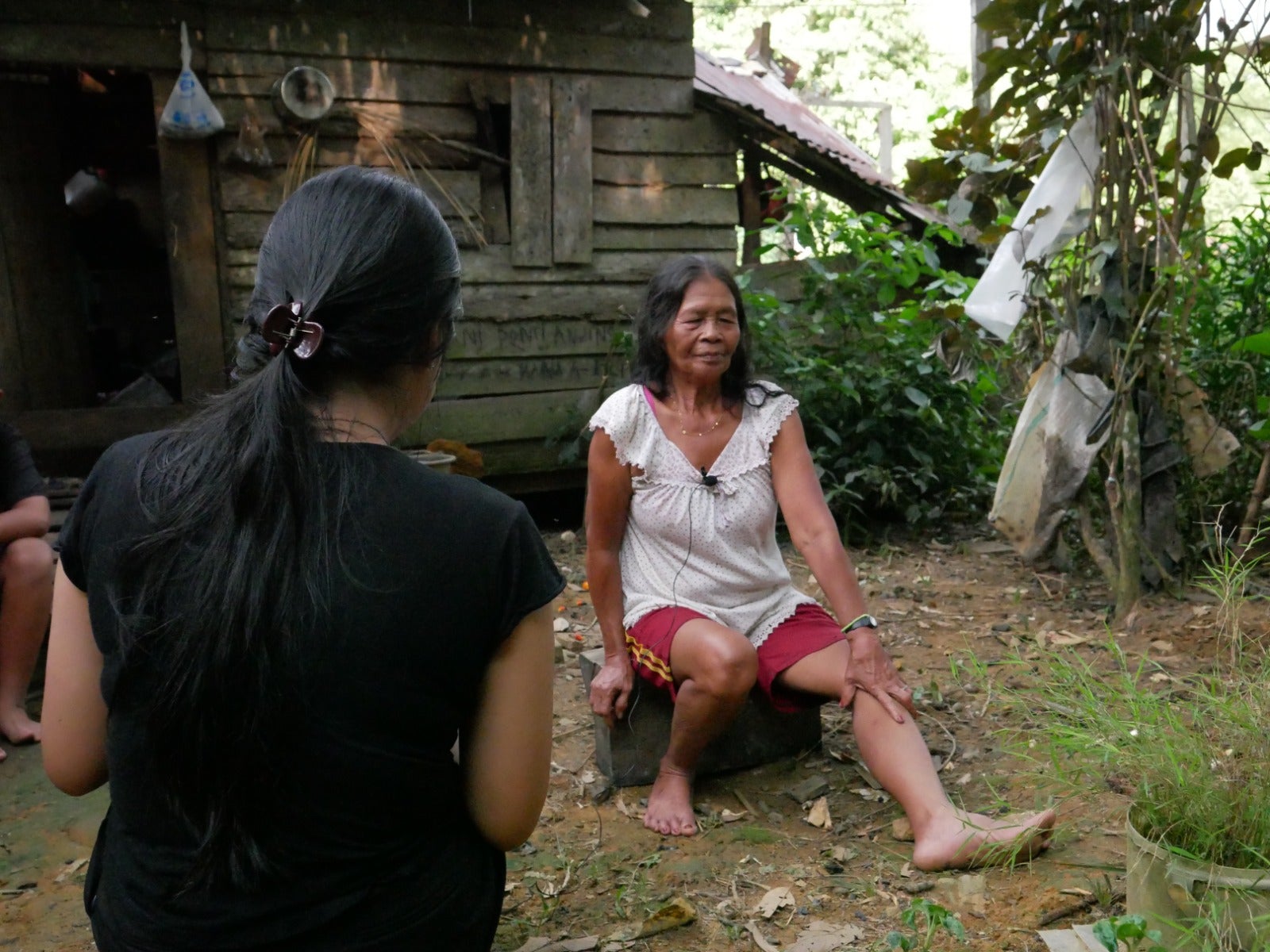
In Southeast Asia, the Dayak Simpakng Peoples of West Kalimantan, Indonesia, exemplify the deep ancestral ties between Indigenous communities and rainforests. The Kalimantan Forest provides them with healing, food, and cultural continuity. Yet, since the 1950s, their lands have been increasingly degraded by logging, palm oil plantations, and timber production. These activities have significantly reduced forest cover and weakened global carbon storage capacity. Restoring the Southeast Asian rainforest depends on defending Indigenous stewardship and halting industrial exploitation.
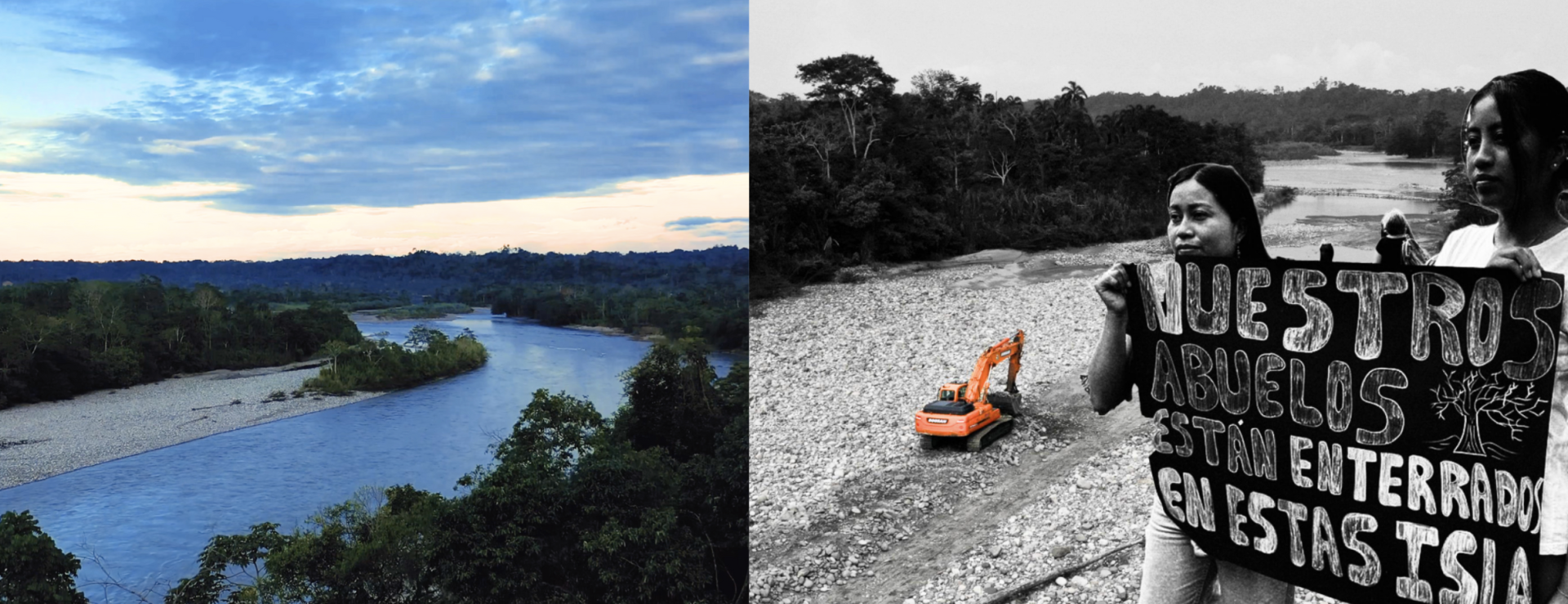
The Amazon Rainforest, stretching across nine countries, is the largest tropical rainforest on Earth. It generates 20% of the world’s oxygen and contains immense biodiversity. Over 400 Indigenous communities depend on the Amazon for survival and have long protected it. Nevertheless, illegal mining, deforestation, and agribusiness expansion continue to devastate the forest. Indigenous defenders, especially women, frequently face violence and forced displacement. Protecting the Amazon must involve Indigenous leadership and a renewed global commitment to climate justice.
Preserving rainforests is a global necessity. These ecosystems stabilize weather patterns, protect water sources, and are vital for the survival of many species, including humans. Protecting rainforests ensures food security and climate stability, while also defending the rights of Indigenous Peoples, who are often marginalized and excluded from decisions about their lands. Supporting Indigenous-led stewardship and conservation, as well as reevaluating extractive economic systems, are essential for safeguarding these irreplaceable ecosystems for future generations.
Top image by Adam Greig.
